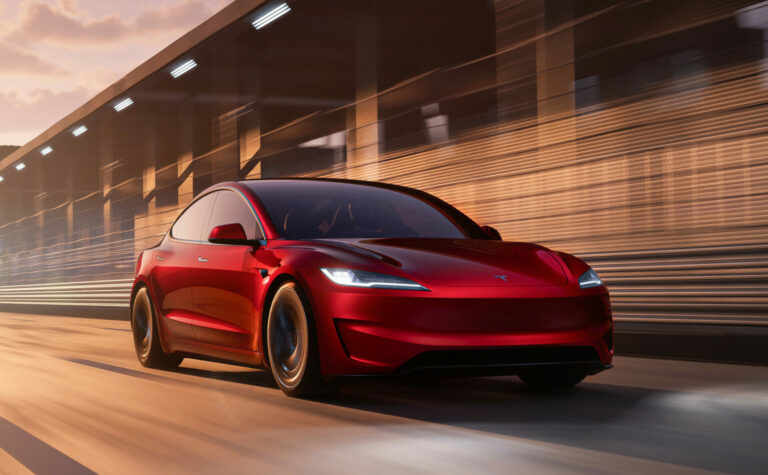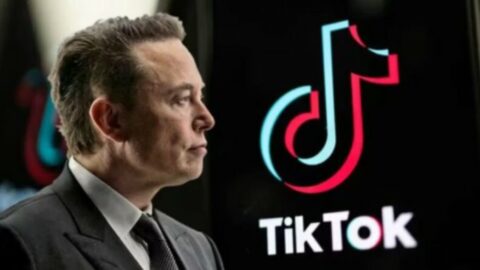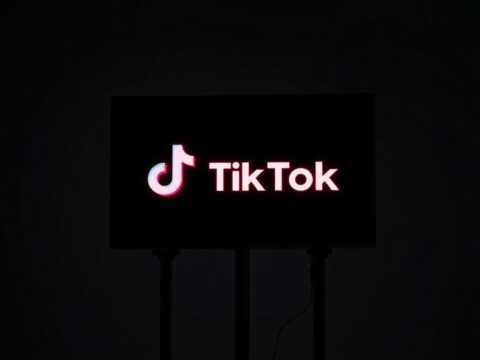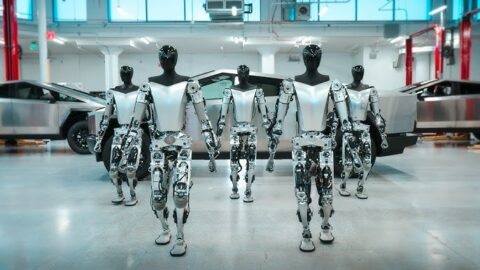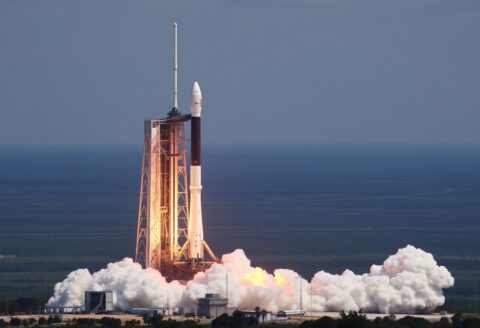Tesla’s Brand loses $15B
In 2024, Tesla’s brand value dropped by 26%, marking a second consecutive annual decline. The brand is now valued at approximately $43 billion, down from $58.3 billion at the start of 2024 and $66.2 billion at the beginning of 2023. This decline is attributed to an aging vehicle lineup and CEO Elon Musk’s controversial public persona, according to Brand Finance, a research and consulting firm.
Brand Finance, based in London, evaluates brand value through consumer surveys and financial analysis. This year, they surveyed around 175,000 people globally, including 16,000 who provided feedback on Tesla. The findings reveal a stark contrast between consumer perception and Wall Street’s view of Tesla. While Tesla’s stock price surged by 63% last year, consumer sentiment has shifted negatively.
Musk’s political involvement, including support for Donald Trump and interactions with various global leaders, has polarized public opinion. Brand Finance CEO David Haigh noted that Musk’s persona significantly influences consumer decisions regarding Tesla vehicles. Key metrics like consideration, reputation, and recommendation scores for Tesla have declined in major markets, including the U.S., Europe, and Asia.
In Europe, Tesla’s consideration score fell from 21% to 16% between 2024 and 2025. Competitors like Mercedes and BYD outperformed Tesla in these areas outside the U.S. However, Tesla maintained a high loyalty score of 90% in the U.S., indicating that existing customers are likely to continue using their vehicles. Yet, the recommendation score in the U.S. dropped significantly from 8.2 to 4.3.
Haigh expressed concern that Tesla’s declining scores and brand value indicate a weakening appeal. He warned that if Tesla cannot innovate with new products and address the negative perceptions surrounding Musk, the brand may struggle to maintain its market position and pricing power.
Tesla’s deliveries also showed a slight decline of about 1% in 2024, totaling 1.79 million, despite a growing demand for electric vehicles. The company’s market share in the U.S. dropped from 55% to 49%, according to Cox Automotive data. Brand Finance’s brand strength index for Tesla fell from over 80 to just under 65, reflecting its diminishing competitive edge.
Musk’s political activities extend beyond the U.S., with reported interactions with leaders like Vladimir Putin and endorsements of far-right parties in Europe. His controversial actions and statements have led to mixed consumer attitudes toward Tesla. Some consumers remain indifferent to Musk’s behavior, while others are deterred from purchasing Tesla products.
The close relationship between Musk and Tesla’s brand is unique. Haigh emphasized that Musk’s actions directly impact the company’s reputation. Brand Finance also assessed other brands associated with Musk, such as X (formerly Twitter), SpaceX, and Starlink.
X’s brand value fell by 26% to $498 million, down from $673 million. The rebranding from Twitter to X contributed to this decline, alongside a loss of users and advertising revenue. SpaceX’s brand value, however, increased by 11% to $3.8 billion, with 45% of U.S. respondents familiar with the brand. Starlink, valued at $2.4 billion, is expected to grow as it gains more subscribers.
Brand Finance will release its Global 500 2025 study, detailing the world’s most valuable brands, at the upcoming Davos event.
Last week, Elon Musk has labeled humanoid robots as the “biggest product in history.” Tesla plans to produce up to 1 million Optimus robots by 2027. Musk envisions a future where robots outnumber humans by five to one globally. This shift indicates Tesla’s changing focus from cars to robots.
Production of the AI-powered Optimus is set to begin in 2026. Tesla aims to manufacture 100,000 units in the first year of production. This move comes as demand for electric cars is slowing down and competition in the market is increasing.
S

